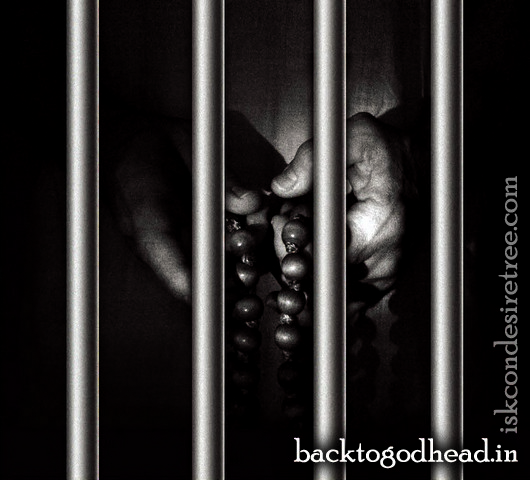nevertheless, those offenders who do find themselves before a judge are more likely to receive a custodial sentence than ever before. This at least is the view of the Prisons reform Trust, who say that although the number of guilty findings in courts has stayed more or less the same, there has been a “creeping inflation of sentences and a lack of confidence in effective community measures.”
They put it down to a number of factors, such as public demands for stiff sentences in the wake of high profile reviled crimes like child murders. but especially it derives from the prevailing political view that “prison works,” a phrase coined by Michael Howard when he was Home Secretary some fifteen years ago. Soon after that new Labour came into power with their manifesto promise of “tough on crime, tough on the causes of crime,” a policy pursued till today.
Making Bad People Worse

but does prison work? figures show that some sixty per cent of prisoners re-offend within two years of their release. Prison is an excellent place to meet other criminals and learn a few new tricks. The Vedic scriptures point out how our consciousness is quickly shaped by our association, which in prisons is hardly of the best kind. Seeing this fact, another Home Secretary, David Waddington, said in a government paper, “Prison is an expensive way of making bad people worse.”
In fairness it has to be said that training and rehabilitation courses try to rectify criminals. but while these may be helpful in some cases, it seems they are not enough.
So is the solution more training? according to the Vedic scriptures the answer is yes, but it has to be of a certain kind, and preferably delivered before we find ourselves detained at Her Majesty’s Pleasure. Srila Prabhupada writes, “Simply enforcing laws and ordinances cannot make the citizens obedient and lawful. That is impossible. Throughout the entire world there are so many states, legislative assemblies, and parliaments, but still the citizens are rogues and thieves. Good citizenship, therefore, cannot be enforced; the citizens must be trained.”
He goes on to say that the training must be in varnasrama, the Vedic system of organizing society into occupational and spiritual orders, with the ultimate aim of reviving our eternal Krishna consciousness.
In such a properly educated and organized society, crime would decrease for different reasons. first, the varnasrama system would reduce the number of untrained, unemployed, and possibly needy persons who feel forced into crime. but the main benefit, and one that tends to be absent from present government programs, is spiritual. Vedic training in spirituality or God consciousness makes one peaceful. It reduces the root cause of all moral transgressions: material desire. because we think that having more means being happier, we will generally stop at little to get more, including breaking the odd law or two if we can get away with it.
The Challenge Of Implementation
Implementing varnasrama and engaging everyone according to their propensities, which it entails, is of course a major challenge, but its essential aim of awakening our Krishna consciousness is something we can do right now. In a conversation with the mayor of evanston, Illinois, which at the time was experiencing a serious crime problem, Srila Prabhupada asked that ISKCOn be given a large building for Krishna kirtana and prasadam distribution. He said that this was the way to cure a person of the “material infection” that leads to crime.
“So if we cure that infection,” said Prabhupada, “again he becomes good. So this is the curing process. It is not an external, artificial thing, imposed upon somebody. no, his goodness is there.”
In other words, we are all intrinsically good, being parts of the supreme good, or God. We just need to revive our original spiritual nature and that goodness will emerge. being cured of the material infection also means finding within ourselves the happiness we futilely seek elsewhere. beguiled by an endless array of ads prompting us to buy products we don’t need and can hardly afford, we are gripped with desire and then with frustration and dismay when either we fail to procure these items or, if we do, they fail to satisfy us. Hence we see spiraling statistics for depression, as well as a concomitant upsurge in the use of alcohol and drugs, major contributors to crime.
The only way to reverse this trend is to connect ourselves to Krishna, the source of all spiritual bliss. Then peace and contentment will surely prevail. Otherwise our programs of social reform, devoid as they are of spiritual content, will always struggle.
Krishna Dharma Dasa lives in Manchester, England. He has written retellings of the Mahabharata, ramayana, and Panca Tantra.
